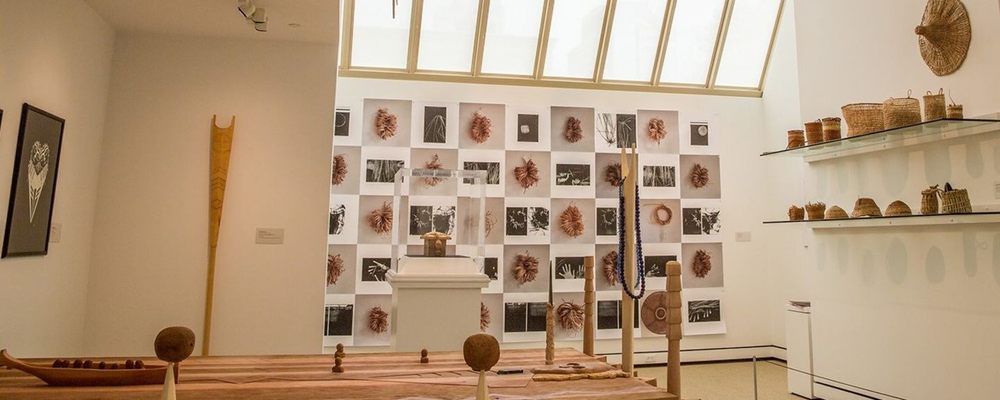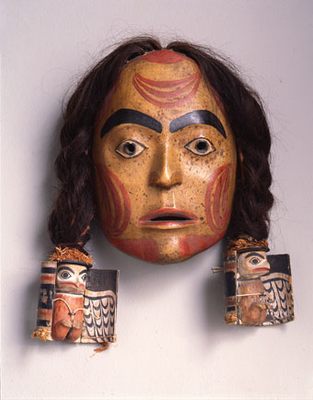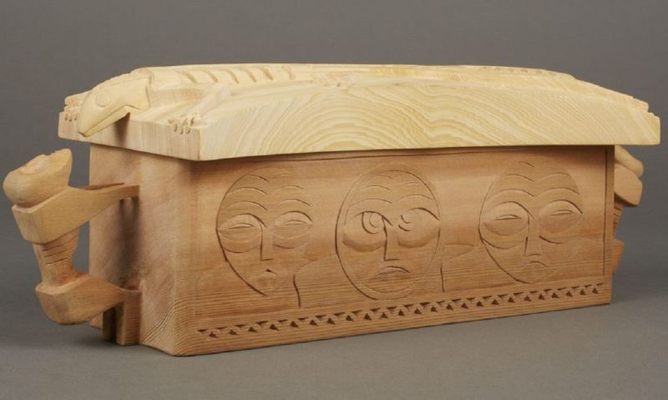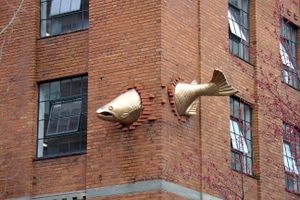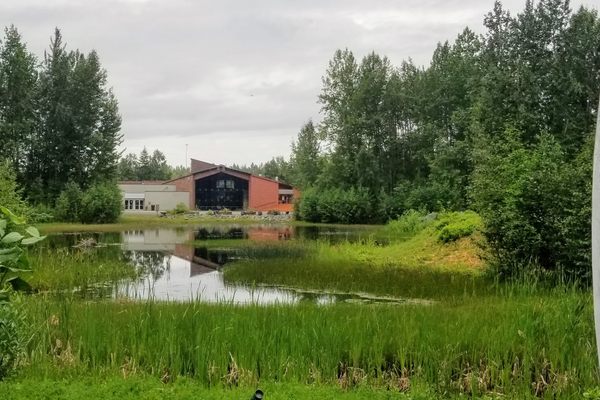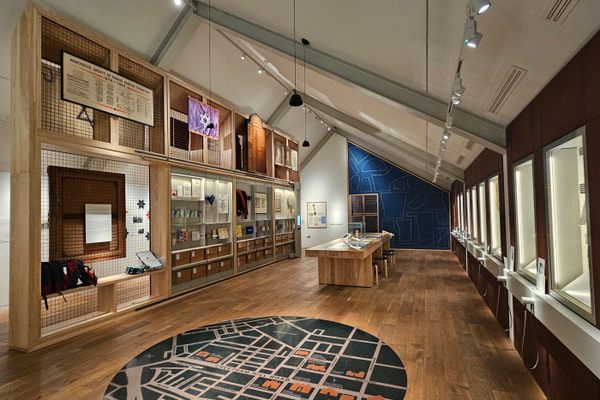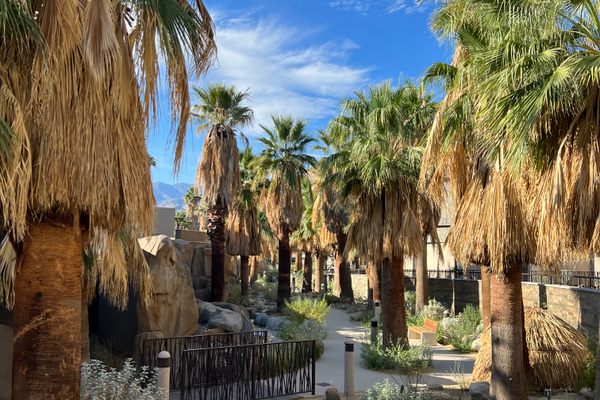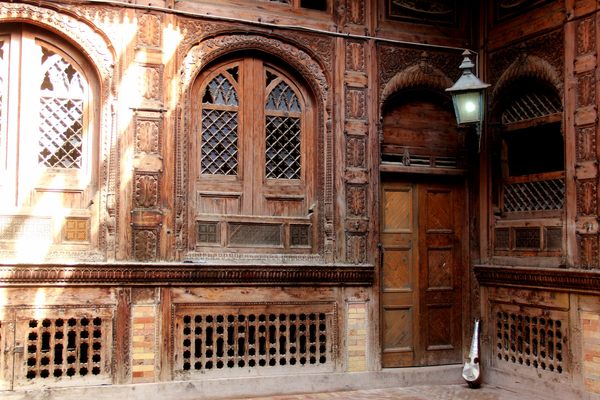About
For much of American history, scholars viewed Native American artwork through an ethnographic lens—echoes from the past that now lay dormant. While the Native American effects on display at the Portland Art Museum certainly retain an ethnographical value of their own, their framing alongside contemporary artwork from living indigenous artists makes the museum’s Native American Art Center one of the first permanent exhibits to establish indigenous material as art.
The exhibit is remarkable for its depth and diversity. Composed primarily of the personal collections of two individuals—one, an Alaskan school superintendent who acquired pieces from Northwest Coast and Arctic regions tribes, the other, an Oregonian woman of Native American descent who collected articles from nearly every tribe in North America between 1800 and 1960—the 8,000 square foot exhibit features over 3,500 pieces representing over 200 distinct indigenous groups, dating from prehistory to the modern-day. With such a broad collection, the mediums on display run the gamut. There are prehistoric basalt mortars with various animals intricately carved into the stone; Anasazi painted clay bowls from the 10th century; pre-contact Kwakwaka’wakw headdresses inlaid with brass and abalone shell; 19th century hide fringed jackets festooned with glass beads, and more—instruments, baskets, weapons, tools, charms, paddles. The museum also owns one of the few complete sets of photographer Edward Curtis’ opus, The North American Indian.
Despite the passage of literal millennia, the museum’s contemporary segment highlights a striking through-line in Native American art history. Even as contemporary artists venture into newer media like upcycled tech, screenprinting, and filmstock, exploring psychedelic, minimalist, and abstract styles, bits and pieces of ancient techniques resound in no mistakable manner, a point best underlined by Wally Dion’s 2019 Green Star Quilt. The star pattern centered in Dion’s quilt is one commonly practiced across Native cultures, yet the materials consist solely of repurposed computer circuit boards stitched together with wire.
While many artistic traditions are left by the wayside every century or so, this exhibit presents a rare instance of ancestral artistic instincts sustained by marginalized people and transposed onto modern media, often in quite unexpected ways. The story of North America’s Indigenous peoples is still being written, and at Portland’s Center for Native American Art, also stitched, painted, and sculpted.
Related Tags
Community Contributors
Added By
Published
March 3, 2022
